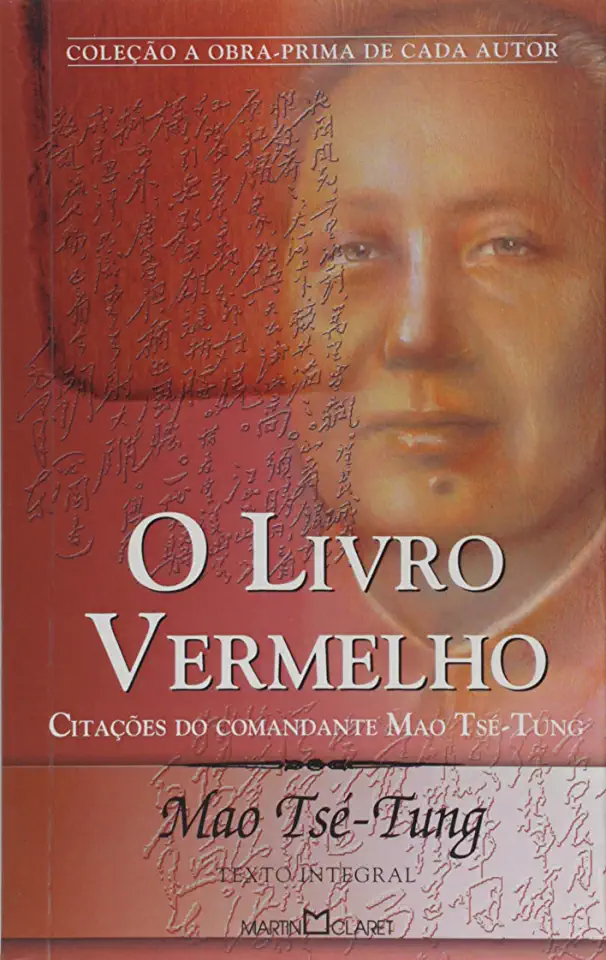
The Little Red Book - Mao Zedong
The Little Red Book: A Revolutionary Guide to Life
In the vast sea of political literature, few books have had as profound an impact as Mao Zedong's "The Little Red Book." This iconic volume, affectionately known as the "Quotations from Chairman Mao Tse-tung," has inspired generations of revolutionaries, activists, and change-makers around the world. With its concise yet powerful teachings, "The Little Red Book" offers a unique blend of political philosophy, military strategy, and social commentary that continues to resonate with readers to this day.
A Legacy of Inspiration
First published in 1964 during the height of the Cultural Revolution, "The Little Red Book" quickly became a symbol of Mao's leadership and the Chinese Communist Party's ideology. Its compact size and accessible language made it an ideal companion for soldiers, peasants, and intellectuals alike, who carried it with them as a source of guidance and inspiration. The book's popularity transcended national borders, reaching readers in countries across the globe who were drawn to its revolutionary message of liberation and social justice.
Key Themes and Teachings
At the heart of "The Little Red Book" lies Mao's unwavering belief in the power of the people. He emphasizes the importance of mass mobilization, class struggle, and the overthrow of oppressive systems. Mao's teachings are rooted in Marxist-Leninist principles, but they also incorporate elements of Chinese culture and history, making them uniquely relevant to the Chinese context.
One of the central themes in the book is the concept of "continuous revolution." Mao argues that revolution is not a one-time event but an ongoing process that must be sustained to achieve lasting social change. He emphasizes the need for constant vigilance against counter-revolutionary forces and the importance of maintaining revolutionary fervor.
Impact on Global Movements
The influence of "The Little Red Book" extended far beyond China's borders. It became a guiding text for revolutionary movements in Africa, Asia, and Latin America, inspiring leaders such as Che Guevara, Fidel Castro, and Ho Chi Minh. Its teachings resonated with oppressed people around the world who saw in Mao's words a path to liberation from colonialism, imperialism, and social injustice.
A Timeless Classic
Despite the passage of time and the evolution of political landscapes, "The Little Red Book" remains a timeless classic. Its enduring appeal lies in its ability to capture the essence of revolutionary struggle and the human desire for a more just and equitable world. Whether you are a student of history, a political activist, or simply someone interested in understanding the forces that have shaped our world, "The Little Red Book" is a must-read.
Why You Should Read "The Little Red Book"
If you are looking for a book that will challenge your thinking, inspire your actions, and ignite your passion for social change, then "The Little Red Book" is for you. Its teachings are as relevant today as they were when they were first written, and its message of hope and liberation continues to resonate with people around the world.
Join the millions who have been inspired by Mao Zedong's revolutionary vision. Get your copy of "The Little Red Book" today and embark on a journey of political awakening and personal transformation.
Enjoyed the summary? Discover all the details and take your reading to the next level — [click here to view the book on Amazon!]